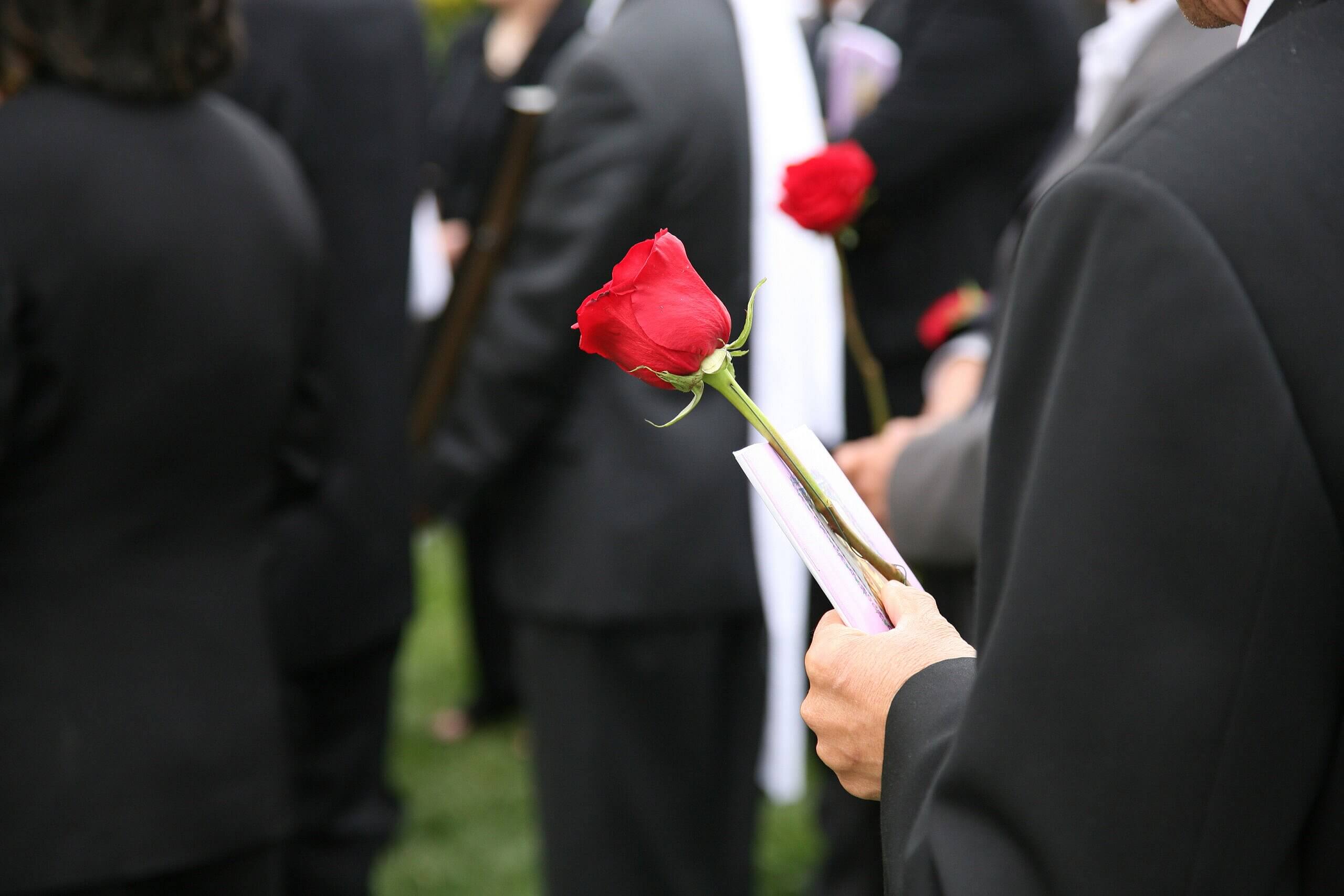At Surprenant & Beneski, our experienced estate planning attorneys assist clients throughout Southeastern Massachusetts, many of whom inquire about the reasons for, and logistics of, planning their funeral. While you might expect this to only be a concern of our elderly clients or those who are seriously ill, the reality is that people of any age may have reason to be aware of their own mortality.
Some have had a frightening injury or medical event. Others have recently lost a loved one or had a relative or close friend or neighbor die suddenly and/or prematurely. Also, of course, in the process of estate planning, much of which is concerned with protecting assets and providing for family members, the subject of death is unavoidable.
Over the years, our lawyers have found that considering and discussing the specifics of funeral preparations, far from being morbid, provides our clients with a feeling of control and a sense of reassurance that they are easing a painful time for those they will leave behind.
Where should funeral plans be documented?
While some people think funeral plans should be included in your will, this is actually not a good idea. Because the will is often not read until after the funeral, it is quite possible that your instructions will not be seen until it is too late for them to be followed.
A much more practical arrangement is detailing your wishes in a separate document, called an Advance Directive, and notifying a couple of close people, including your personal representative, about where that document is stored. This document may also be augmented by a funeral plan that you work with your funeral home on as part of your pre-planning.
Variations According to Religion or Personal Preferences
Several aspects of your funeral should be itemized, though some of these, such as the preparation of the body or the time frame of the event, might be predetermined if you are part of a particular religious community.
Some religions wrap the body in a simple shroud; others may dress the body in a favorite garment. Some belief systems are open to either burial or cremation; others require only one of the two. Some religious communities dispose of the body quickly; others have visitation before the funeral.
For many individuals who believe in no organized religion or who consider themselves to be a member of a faith but do not adhere to its orthodoxy, personal choices may fall somewhere in between.
What the Final Arrangements Document Should Include
Some decisions, like those about final medical care, will have been made in your estate plan.
Our attorneys will prepare documents like a Health Care Proxy, an Advance Directive (Living Will), and a HIPAA release.
These documents will state clearly the person you want to make decisions about your health care if you become incapacitated, what measures you want taken to preserve your life if you are critically ill, and which family members you want to have access to your private medical data if you cannot communicate. Your Living Will will also give you the opportunity to donate organs or tissue after you pass.
Beyond these essentials, your final wishes should cover all aspects of your funeral that are important to you, including:
- Whether you want a funeral at the time of your death and/or a memorial months later
- Whether you want a eulogy by a member of the clergy or by one or more loved ones
- Whether you want a particular reading from a holy book, a poem, a quote especially meaningful to you, or a letter to loved ones you have written
- Whether you want music, a liturgical or favorite song
- Whether you want any visitation (a wake, a period of sitting shiva, etc.)
- Whether you want an open or closed casket, if this is acceptable in your faith
- Whether you want particular photos, artwork, collectibles, or videos on display
- Whether you want a book to be signed by attendants to the funeral, with or without personal remarks
The Takeaway
Remember, there are no rules about what is appropriate in your Final Arrangements Document. You can leave a general outline or drill down into specifics. These choices are entirely your own.
